
|
|
|
| |

|
|
| |
The latest bowel cancer news from News Medical |
|
|
|
|  | | | | | 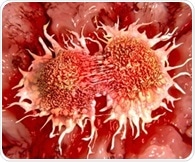 Poop pills could help cancer patients respond to immunotherapy while reducing toxic side effects Poop pills could help cancer patients respond to immunotherapy while reducing toxic side effects Fecal microbiota transplants (FMT), can dramatically improve cancer treatment, suggest two groundbreaking studies published in the prestigious Nature Medicine journal. | |  | | | | | 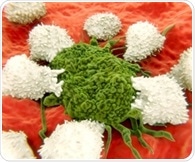 Lifetime alcohol consumption associated with higher risk of colorectal cancer Lifetime alcohol consumption associated with higher risk of colorectal cancer Studies have demonstrated a link between alcohol consumption and an elevated risk of colorectal cancer. New research now reveals that higher lifetime alcohol consumption is also associated with a higher risk, | |  | | | | | 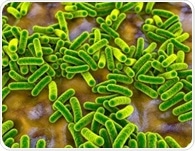 How modern lifestyles reprogram the gut microbiome and shape disease risk How modern lifestyles reprogram the gut microbiome and shape disease risk Modern lifestyle factors such as circadian disruption, sleep deprivation, stress, and exercise reshape the gut bacteriome and its metabolic outputs. These microbiome changes are linked to immune, metabolic, and cancer-related pathways, largely through evidence from animal models and observational human studies. | |  | | | | | 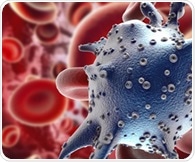 Discovery explains why people with IBD have higher risk of colorectal cancer Discovery explains why people with IBD have higher risk of colorectal cancer A chain of immune reactions in the gut—driven by a key signaling protein and a surge of white blood cells from the bone marrow—may help explain why people with inflammatory bowel disease (IBD) have a higher risk of colorectal cancer, according to a preclinical study by Weill Cornell Medicine investigators. | |
|
|
|  | | |  A study reveals tertiary-treated wastewater significantly reduces antimicrobial resistance risks in lettuce irrigation compared to secondary-treated water. A study reveals tertiary-treated wastewater significantly reduces antimicrobial resistance risks in lettuce irrigation compared to secondary-treated water. | | | | | 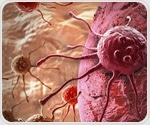 Why do some tumors spread while others remain localized? The mechanisms governing the metastatic potential of tumor cells remain largely unknown — yet understanding this is crucial for optimizing patient care. Why do some tumors spread while others remain localized? The mechanisms governing the metastatic potential of tumor cells remain largely unknown — yet understanding this is crucial for optimizing patient care. | | | | |  Research links thiamine metabolism to gut motility, identifying genetic markers that could lead to new therapies for IBS and related digestive disorders. Research links thiamine metabolism to gut motility, identifying genetic markers that could lead to new therapies for IBS and related digestive disorders. | | | | |  The study highlights how color vision deficiency can delay bladder cancer diagnosis, increasing mortality risk and underscoring the need for targeted screening. The study highlights how color vision deficiency can delay bladder cancer diagnosis, increasing mortality risk and underscoring the need for targeted screening. | | | | | 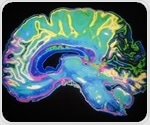 A University of California, Riverside team of scientists has found that Toxoplasma gondii, a common parasite affecting up to one-third of the global population, is far more complex than previously believed. A University of California, Riverside team of scientists has found that Toxoplasma gondii, a common parasite affecting up to one-third of the global population, is far more complex than previously believed. | | | | |  Microbiome differences distinguish preterm infants with parenteral nutrition-associated cholestasis Microbiome differences distinguish preterm infants with parenteral nutrition-associated cholestasis | | | | | 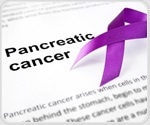 A four-biomarker blood panel of aminopeptidase N (ANPEP), polymeric immunoglobulin receptor (PIGR), CA19-9, and thrombospondin-2 (THBS2) enhanced the detection of pancreatic ductal adenocarcinoma (PDAC) compared to measuring CA19-9 levels alone. A four-biomarker blood panel of aminopeptidase N (ANPEP), polymeric immunoglobulin receptor (PIGR), CA19-9, and thrombospondin-2 (THBS2) enhanced the detection of pancreatic ductal adenocarcinoma (PDAC) compared to measuring CA19-9 levels alone. | |
|
|
|
|
|
|
|